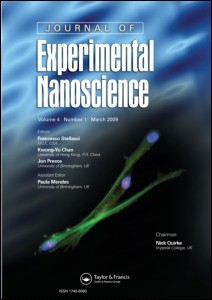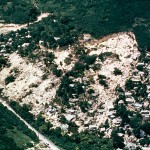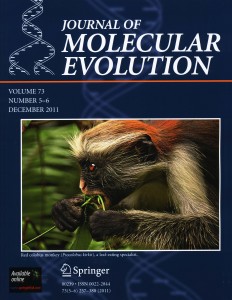 A paper whose expression of concern we covered in November 2014 has been retracted and republished “because of the extent of the changes necessary,” according to the Lancet Respiratory Medicine.
A paper whose expression of concern we covered in November 2014 has been retracted and republished “because of the extent of the changes necessary,” according to the Lancet Respiratory Medicine.
This isn’t the first time we’ve seen retraction/republications at the Lancet, accompanied by thorough breakdowns of the problem.
This study was a meta-analysis of research on how the timing of tracheostomies — placing a breathing tube directly into the windpipe — affects patients’ mortality rate. The original paper found that critically ill patients who received a tracheostomy earlier fared better than those for whom the procedure was delayed for weeks after intubation, the recommended practice.
However, when the authors calculated how many patients died, they assumed that any patient who wasn’t discharged from the intensive care unit (ICU) had died there, instead of looking for other explanations. This made their estimates unreliable.
The publisher convened a panel, which ultimately decided retraction and republication was the most appropriate course of action.
The original expression of concern contained a quote from the authors about the “data discrepancy” that would later sink the paper: Continue reading Retraction and republication for Lancet Resp Med tracheostomy paper








